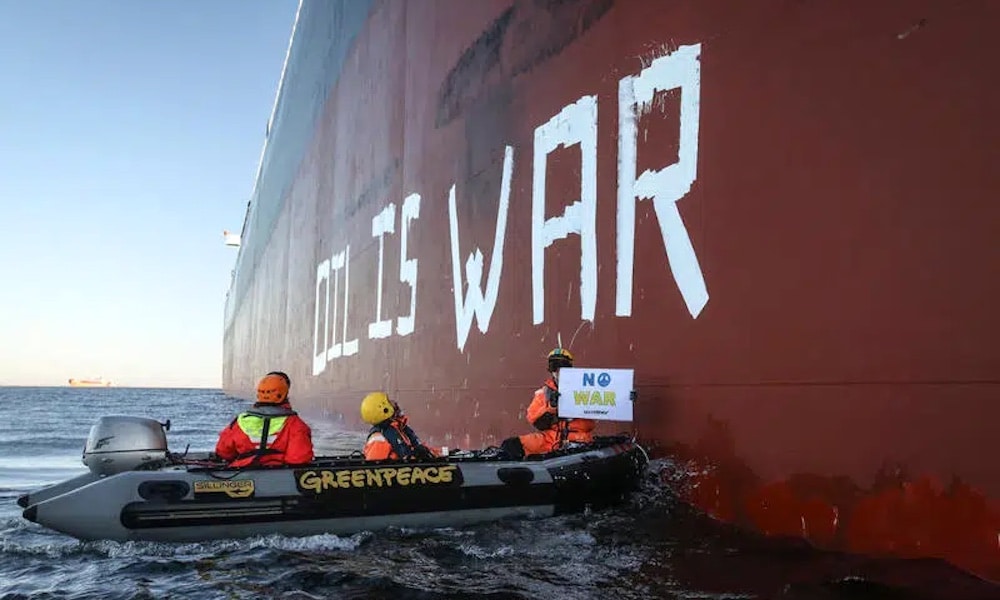EU sanctions another 50 Russia-linked ships

EU Targets Russia’s Shadow Fleet with New Sanctions
The European Union (EU) has announced a new package of sanctions aimed at Russia, focusing on its maritime operations. This latest move targets approximately 50 ships associated with what is known as the “shadow fleet.” These vessels are believed to be circumventing existing sanctions to facilitate the transport of Russian oil. The EU’s foreign ministers are set to formally adopt this sanctions package on Monday, marking a significant step in the ongoing efforts to pressure Russia amid its continued military actions. As the geopolitical landscape evolves, further sanctions are anticipated in the upcoming year, particularly when Poland assumes the presidency of the EU from Hungary.
Details of the Sanctions Package
The newly unveiled sanctions package is part of the EU’s broader strategy to diminish Russia’s economic capabilities. By targeting around 50 ships, the EU aims to disrupt the operations of the shadow fleet, which has been instrumental in maintaining Russia’s oil exports despite previous sanctions. The shadow fleet consists of vessels that operate outside the traditional regulatory frameworks, often changing names and flags to evade detection. This tactic has allowed Russia to sustain its oil exports, which were reported at 254 million tonnes last year. Current projections indicate that exports will remain robust, with estimates suggesting a decline of less than 2% this year, keeping Russia’s market share at approximately 10.5% globally.
The sanctions are expected to have a ripple effect on the shipping industry, as companies may become more cautious about engaging with Russian oil transport. The EU’s commitment to enforcing these sanctions reflects its determination to hold Russia accountable for its actions. Additionally, the upcoming transition of the EU presidency to Poland is likely to bring about further measures aimed at tightening the economic noose around Russia. Poland has been vocal in its support for a strong response to Russian aggression, and its leadership may lead to more stringent sanctions in the near future.
Russia’s Resilience in Oil Exports
Despite facing numerous sanctions, Russia has demonstrated remarkable resilience in maintaining its oil export levels. As the world’s second-largest oil exporter, Russia has adapted to the challenges posed by international sanctions. The country has managed to keep its oil exports relatively stable, with figures showing only a slight decrease in volume. This resilience can be attributed to several factors, including the establishment of alternative markets and the use of shadow fleets to bypass restrictions.
Russia’s ability to sustain its oil exports is a significant concern for the EU and other Western nations. The country has successfully redirected its oil shipments to non-Western markets, particularly in Asia. Nations such as China and India have increased their imports of Russian oil, providing a vital lifeline for the Russian economy. This shift has allowed Russia to maintain its market share and continue generating revenue despite the sanctions imposed by Western countries.
As the EU prepares to implement its latest sanctions, the effectiveness of these measures remains to be seen. The ongoing geopolitical tensions and the complex dynamics of the global oil market will play a crucial role in determining the impact of the sanctions on Russia’s oil exports. The EU’s commitment to enforcing these sanctions, coupled with the potential for further measures in the new year, signals a continued effort to challenge Russia’s economic stability and influence on the global stage.
